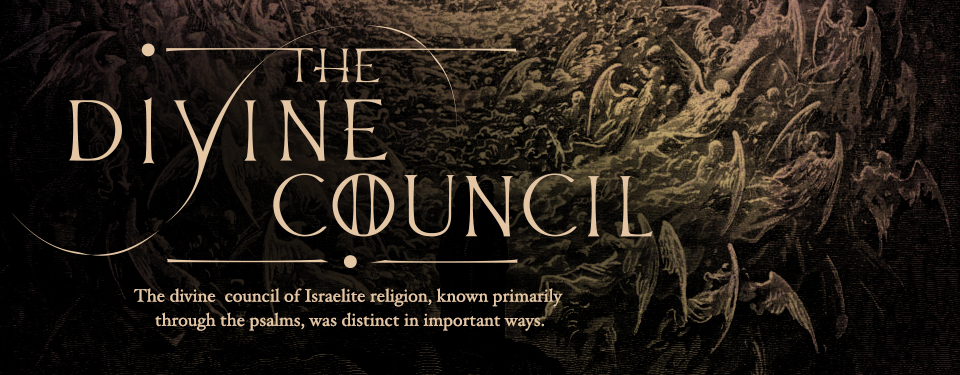(Apologies upfront for the following somewhat rambling post/rambling thoughts. But I hope you will get my "drift.")
Why not do something different? A subject study? Of something "provocative"?
For instance, something along the lines of "Two Powers in Heaven: Early Rabbinic Reports about Christianity and Gnosticism" by Alan Segal. I was floored by this; that until about A.D. 100 Judaism held to a "two powers" view of God, the "invisible"/"distant" Yahweh and the "visible"/"approachable" Yahweh (i.e., the "man" that is often identified by "The Angel of the LORD"). This was known as Jewish binitarianism. For pretty much obvious reasons (i.e., Jesus and the growing Christian movement), rabbis around the close of the first century declared the "two Powers" view heretical. Interestingly, along with the rabbis, modern Christians often see it as heretical, too; rejecting this "Two Powers" idea because it seems too similar to other Near East "religions" (e.g., El and Ba'al). But perhaps we shouldn't reject the idea.... Not rejecting the idea doesn't make us all Joseph Campbell acolytes; instead, I would argue that while all these ancient religions are myths (in the technical/academic sense) Judaism/Christianity is the myth that is true (to riff on C.S. Lewis).
Anyway, back to the "Two Powers" idea. It's clearly shown in Daniel 7 (the "distant" Yahweh being the Ancient of Days in v. 9 and the "approachable" Yahweh being the "son of man" in vv. 13-14). (As an aside, there are even hints of (Jewish) trinitarianism in the early chapters of Ezekiel; my point being that the Christian notion of the Trinity didn't just pop up in the New Testament and the early Church, it had solid roots in Judaism.)
I suggested Seagal's book because it opens up new vistas in understanding the background and touchpoints in the Bible, both Old and New Testaments. For instance, the symbolism used in Old Testament prophecies or the "odd" references John uses in Revelation (that link back to (for example) Isaiah, Daniel, and Ezekiel). Second Temple Judaism (beginning with the return of Judah from Babylon and ending with the destruction of the Temple in CE 70) is understudied in most accessible commentaries, but is absolutely essential to the understanding of Christianity (hence, why I recommended "Two Powers").
My point is also this: many of the readily accessible commentaries are often colored by the theological leanings of the volume's writer. So the authors sometimes use (tortured) logic to prove their theological/denominational views ("dishonest" eisegesis; reading into Scripture) rather than letting the Bible drive ("honest" exegesis). Not that the denominations were dishonest in what they came up with; rather, we now (in the last at least half-century) have access to material folks like Calvin or Luther (etc.) didn't have. So our understanding of the Bible's background and the Bible itself should evolve. We don't still practice medieval medicine, maybe we shouldn't practice "outdated" theology? Not that this means essential aspects of the Bible change; the "truth principles" remain....
Another book I would recommend (if you're interested in a subject study) is Robert Alter's "The Art of Biblical Narrative."
But if a commentary on a Bible book is still the way to go what I would dig into (if I could afford them) are the Anchor and Word Bible commentary series. Even though I know I wouldn't agree with some of the things found in these series, they are scholarly, academic series that (generally) aren't inhibited by denominational boundaries. And agree or disagree, the point is to be challenged and to think....
Since the Anchor and Word series are expensive resources to get ahold of, allow me to recommend - to get a taste of this academic angle - "The Bible Project" (and its associated podcast):
Learn the Bible with media tools that guide individuals and groups in studying its story. Use our videos and other free online resources.

bibleproject.com
And (as I have recommended in another thread) Dr. Mike Heiser's "Naked Bible" podcast and website. Here:
Divine Council Intro Introducing the Divine Council Worldview How Mike Approaches the Bible What I’ll be doing on a weekly basis

nakedbiblepodcast.com
and here:

drmsh.com
(Both The Bible Project and Heiser introduced me to the idea of the "Divine Council" (see e.g., Psalm 82) and it opened up a number of new avenues for exploration such as Segal's book.)
Again, apologies for the ramble. Again, why not a subject rather than a Bible book?
Keep on keeping on! Cheers! Peace!
--- End of line (MCP)





